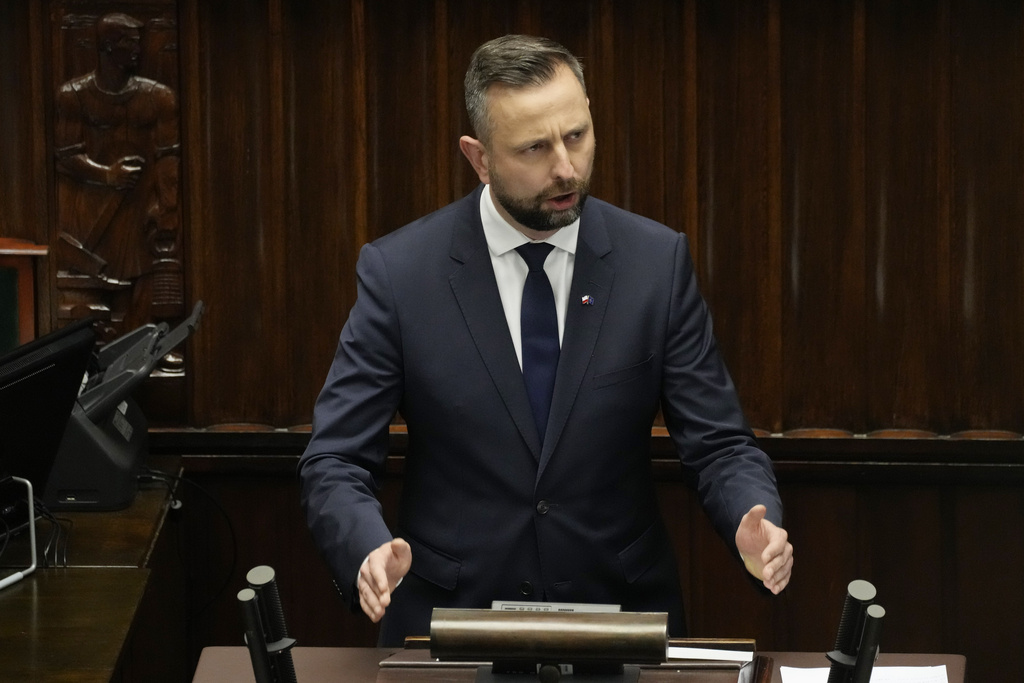In a powerful address in the Polish parliament, Władysław Kosiniak-Kamysz, Poland’s deputy prime minister and minister of national defense, voiced his concerns about the situation at the Poland-Belarus border. He described this year’s border security challenges as unprecedented, with approximately 20,000 attempts made to illegally cross into Poland this year so far.
Kosiniak-Kamysz characterized the assailants as “hordes of bandits” who not only threaten Polish soldiers but also aim to disrupt the nation’s security.
“Their goal is not to seek asylum, their goal is to attack our officers, and they are trained for this. This is the highest level of hybrid warfare aimed at Poland,” he said.
The defense minister highlighted the severity of the aggression towards Polish soldiers, evidenced by the substantial increase in warning shots fired in recent months. In the first half of this year alone, officers discharged 1,390 warning shots, a sharp rise from previous years.
Kosiniak-Kamysz also mentioned a specialized unit set up by Belarus operating along the Polish-Belarusian border that facilitates the smuggling of illegal migrants. He added that cyber threats were also growing, predicting up to 160,000 cyberattack incidents this year.
With the escalating tension, Kosiniak-Kamysz underscored the necessity for robust security measures. These include modifying operational tactics, enhancing interagency cooperation, and upgrading military equipment. Additional troops and police forces are being deployed to the border, alongside necessary medical support.
Addressing legislative measures, the defense minister explained that the proposed law would synchronize the actions of the police, border guard, and military. It includes provisions for using water cannons and closes legal gaps that previously left Poland unprepared for hybrid warfare scenarios.
“We have a legal gap. The constitution did not anticipate something like hybrid warfare. It considered a time of war and a time of peace, but not the time in between these events. Today, we live in such a time. This gap must be filled. There must be the possibility to use the military in a strictly defined operation. Protection of critical infrastructure and military action in this area is necessary,” he said.
In his concluding remarks, Kosiniak-Kamysz warned of the dangers of not supporting the military enhancement bill: “Voting against strengthening our military force is imprudent. You either vote for greater security, or you don’t. There is no middle ground,” he declared.






